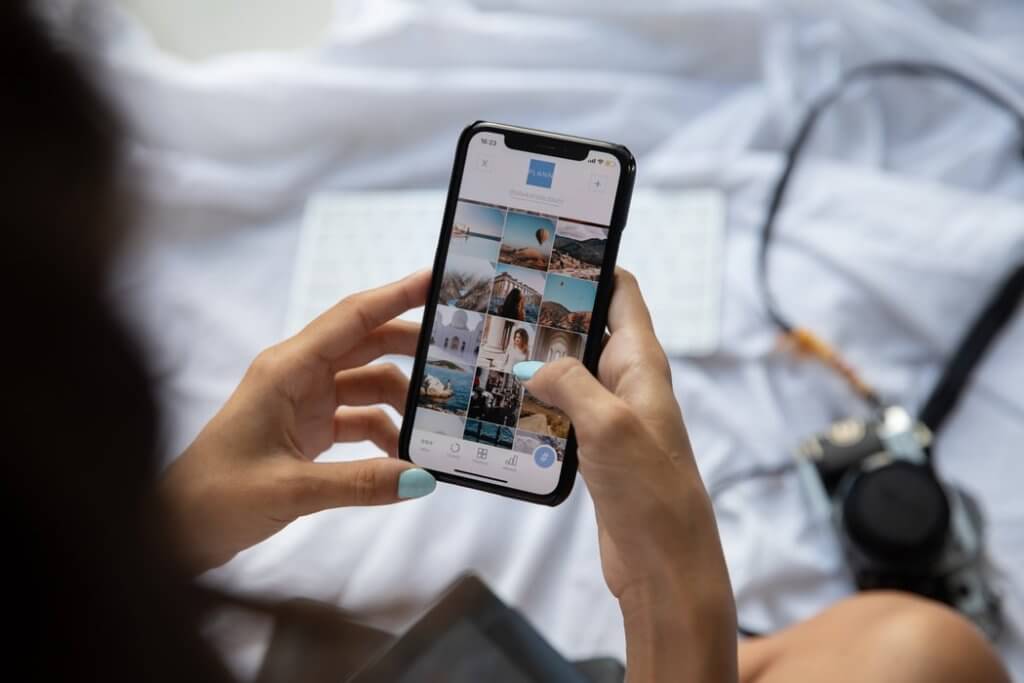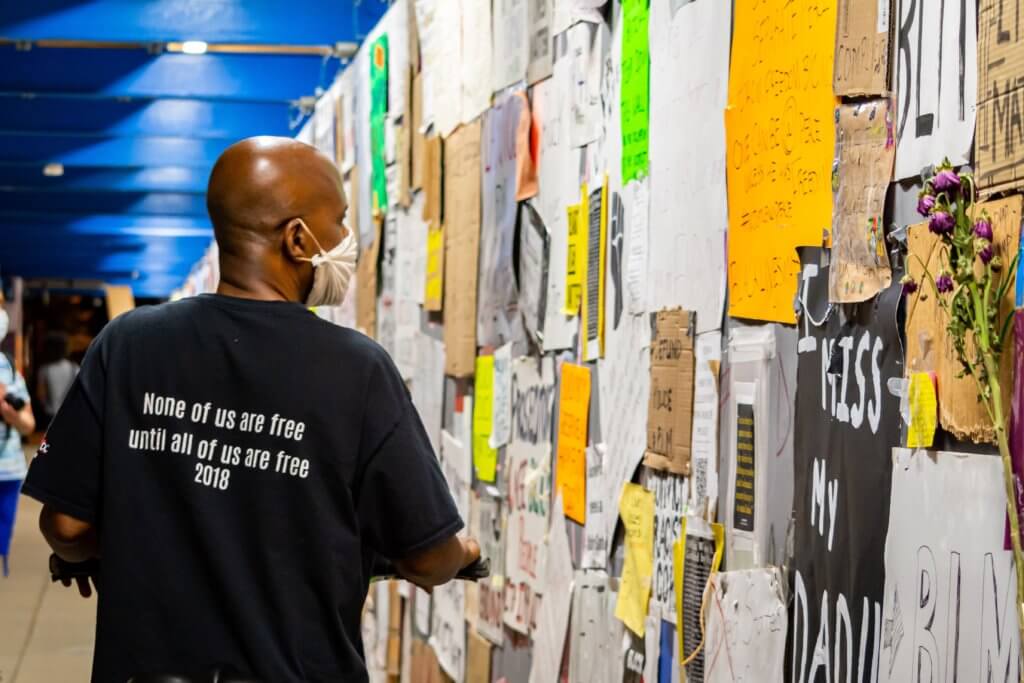6 Social Media Insights On Audiences Unfollowing Brands During The Pandemic

If Billy Joel wanted to write another We Didn’t Start The Fire type song he’d probably have enough headlines from the last five months alone. 2020 has been pretty dramatic and from the pandemic to record unemployment to the George Floyd protests; there’s plenty going on in people’s lives which is causing them to reevaluate […]
5 Takeaways From How Brands Celebrated Juneteenth On Social Media

Juneteenth was first celebrated as a holiday in Austin in 1867, and was first officially recognized as a state holiday by Texas in 1980. However, the killing of George Floyd and the subsequent protests advocating for social justice have raised multicultural awareness of Juneteenth to an unprecedented extent this year. This sea change is quantifiable […]
